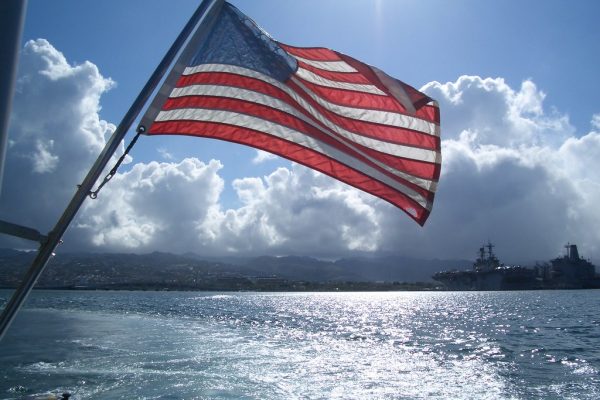
On the 7th day of each December, Americans are reminded of Pearl Harbor — the 1941 attack on an American naval base that killed 2,400 Americans. This event has become an icon in American memory. The events of that day have been told and retold by the media and amongst families. It has been featured in history books and the focal point of Hollywood movies, museums, and memorials. In fact, sociologists suggest that iconic events like Pearl Harbor have come to define the nation.
Sociologists also insist that memories are socially constructed. To say that a memory is socially constructed means that our recollections of events such as Pearl Harbor are not natural or unfiltered history but in fact mediated and filtered through social institutions like the media and politics. Some sociologists argue that this construction of memory is motivated by contemporary interests. For example, at the time, media reports on Pearl Harbor highlighted national security and portrayed Japan as America’s enemy. These accounts were used to invoke American anger and pride. Both political actors and the media created moral depictions of the event, emphasizing American victimhood and the need for immediate action.
- Emily S. Rosenberg. 2003. A Date Which Will Live: Pearl Harbor in American Memory. Duke University Press.
- Joachim Savelsberg and Ryan D. King. 2011. American Memories: Atrocities and the Law. Russell Sage Foundation.
- Patricia Leavy. 2007. Iconic Events: Media, Politics, and Power in Retelling History. Lexington Books.
Yet over time, our collective recollection and interpretation of events may change, and sometimes, we use past events to understand current events. For instance, in the aftermath of 9/11, memories of Pearl Harbor were invoked to both give meaning to and to make sense of the surprise attacks on American soil. The use of a past event, Pearl Harbor, to understand a contemporary event like 9/11 is what has been called a bridging metaphor. And politicians often use bridging metaphors to inspire new emotional responses by connecting current events to memories and sentiments of past events.
- Jeffrey K. Olick. 2016. The Sins of the Fathers: Germany, Memory, Method. University of Chicago Press.
- Geoffrey White. 2003. “Pearl Harbor and September 11: War Memory and American Patriotism in the 9-11 Era.” The Asia-Pacific Journal 1(4): 293-310.
- Jeffrey Alexander, Ron Eyerman, Bernard Giesen, Neil J. Smelser, and Piotr Sztompka. 2004. Cultural Trauma and Collective Identity. University of California Press.
Sociologists think of history, memories, and the commemoration of iconic events such as Pearl Harbor as interrelated. History is not an unbiased and fixed account of past events and people, but rather, something that is actively, collectively remembered and reconstructed. History, in this sense, does not simply exist, but has to be made and remade. This process is inevitably shaped by the conditions and concerns of both the past and the present, and the narratives that emerge are key in creating a collective, American identity. What other iconic historical events can you think of that shape how Americans understand themselves and current events today? How do you think they may shift and change in the coming years?

Comments